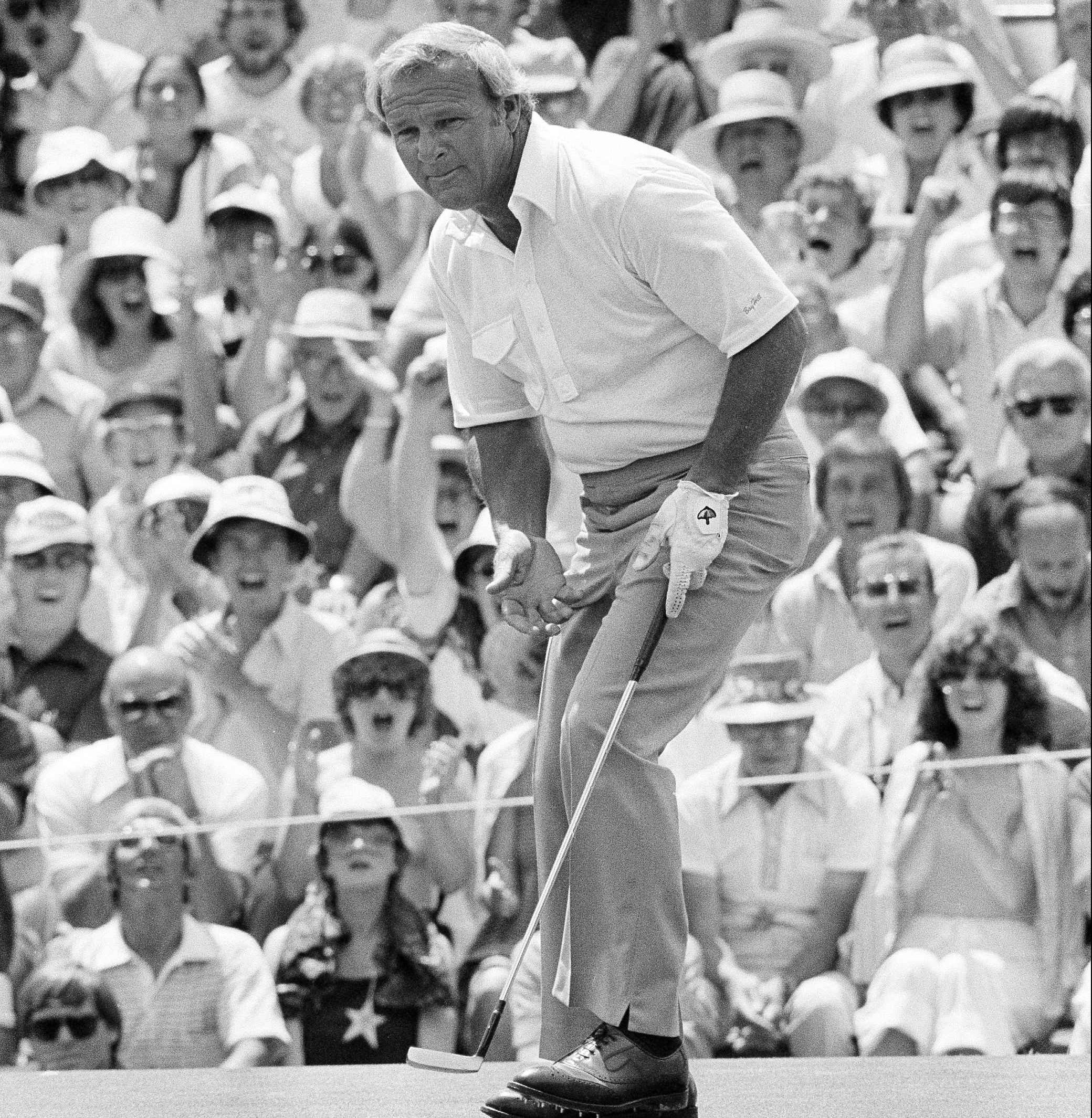When recency bias locks arms with a sporting idol and mixes with today’s wall-to-wall media landscape, you get these things.
Therefore, it’s natural for anyone in a post-Baby Boomer generation to assume, if Tiger Woods has never done it, it’s never been done.
And that’s why so many folks have just become familiar with something called the Special Exemption, which has nothing to do with the tax code or even transferable student debt.
Last week, the U.S. Golf Association offered Tiger an exemption into this year’s U.S. Open — June 13-16 on the historic No. 2 course in the North Carolina hamlet of Pinehurst. The ever-hopeful legion of Tiger fans as well as longtime onlookers did a double-take at the headline.
“What? Tiger Woods wasn’t automatically eligible for the U.S. Open? It’s been that long?”
Time flies, even when you’re limping along.
Of the four majors, the Masters and PGA Championship offer lifetime entries to past champs, though they reserve the right to serve up an “ahem” once a past champ’s golfing acumen starts teetering toward self-embarrassment.
Roughly a third of the 156-man field for the U.S. Open gets there through local and regional qualifiers (this is what makes it “Open”), but for the better established, the Open has many eligibility avenues, including a 10-year exemption for anyone winning the tournament.
Tiger’s 2008 U.S. Open victory exemption ended in 2018 but he maintained automatic entry for another five years with his 2019 Masters win, which carried him through the 2023 U.S. Open, which was the third straight he’d skipped due to ongoing physical issues.
And just like that, here we are in the ongoing, unapologetic and undefeated march of Father Time: Tiger needs a special exemption. It’s not like we were gonna see him attempting the one-day, 36-hole qualifier.
While Tiger’s universal fan base might be saddened a bit at reaching this unfortunate milepost, others will suggest this is nothing but a show of favoritism and quite likely just a nod to the broadcasting network and other promoters.
Well, yeah, of course. And by the way, it’s not the first time. Or the last, most likely.
The first special exemption went to four-time Open champ Ben Hogan in 1966 (his diehards insist he won five Opens, but that’s another story for another day). It was 11 years before the USGA granted another, and in ’77 they actually handed out three — to Sam Snead, Tommy Bolt and Julius Boros.

Arnold Palmer on…
..
Click Here to Read the Full Original Article at Golfweek…
